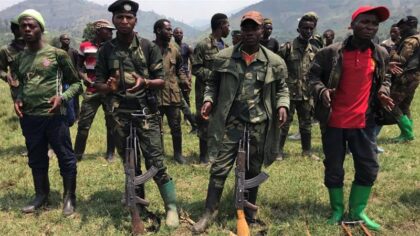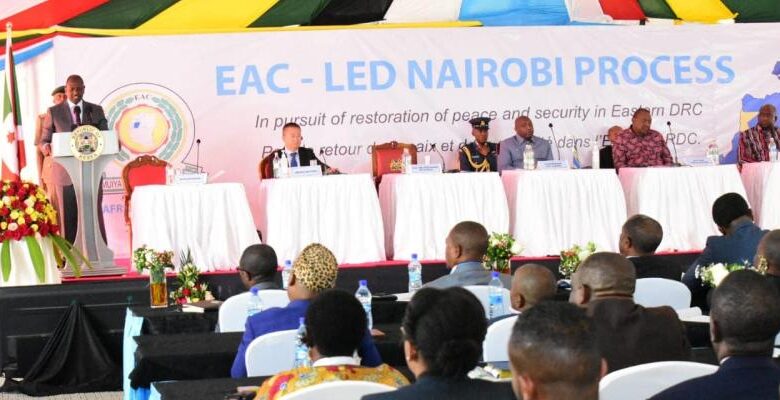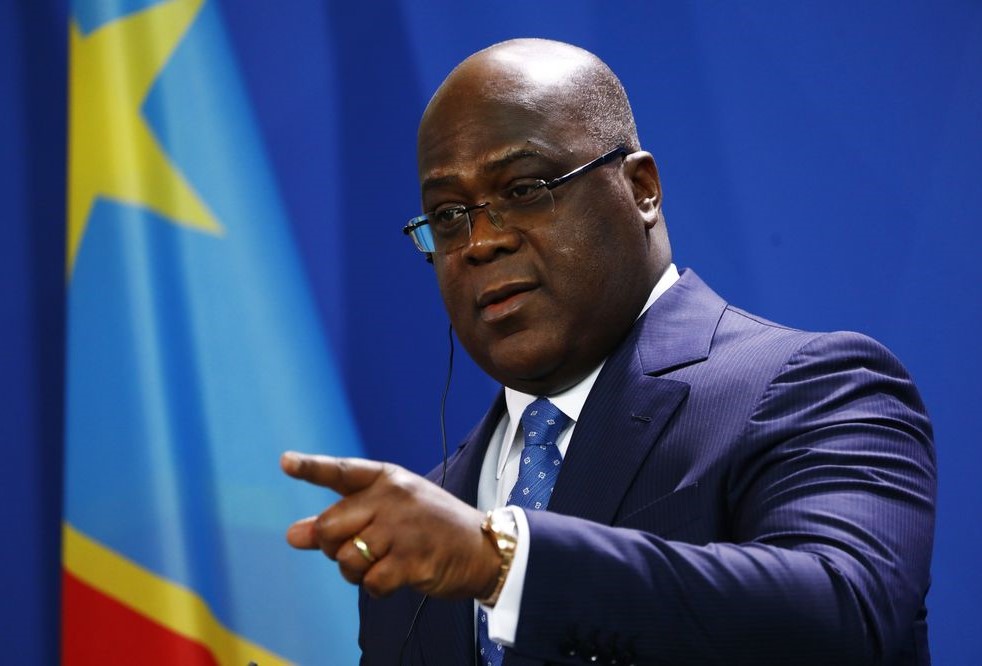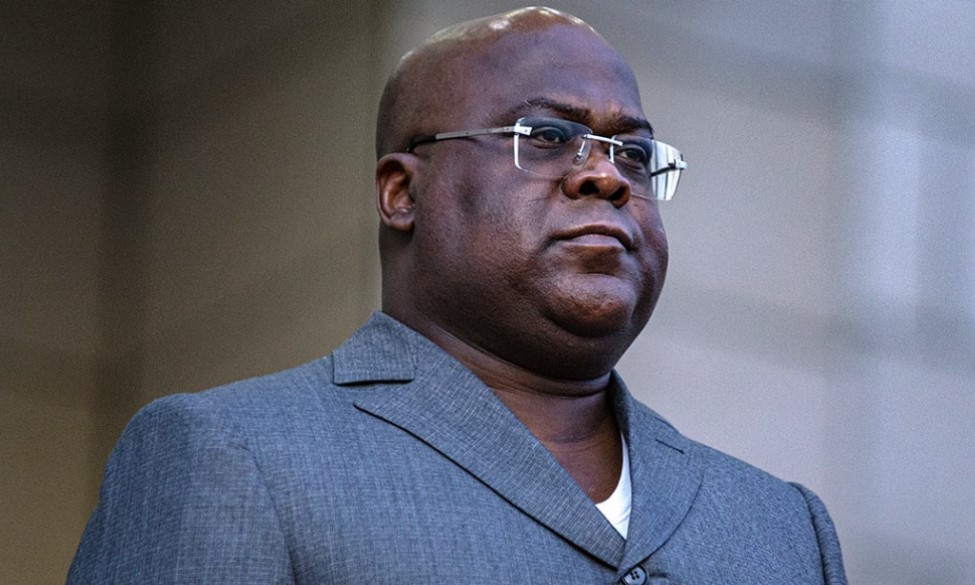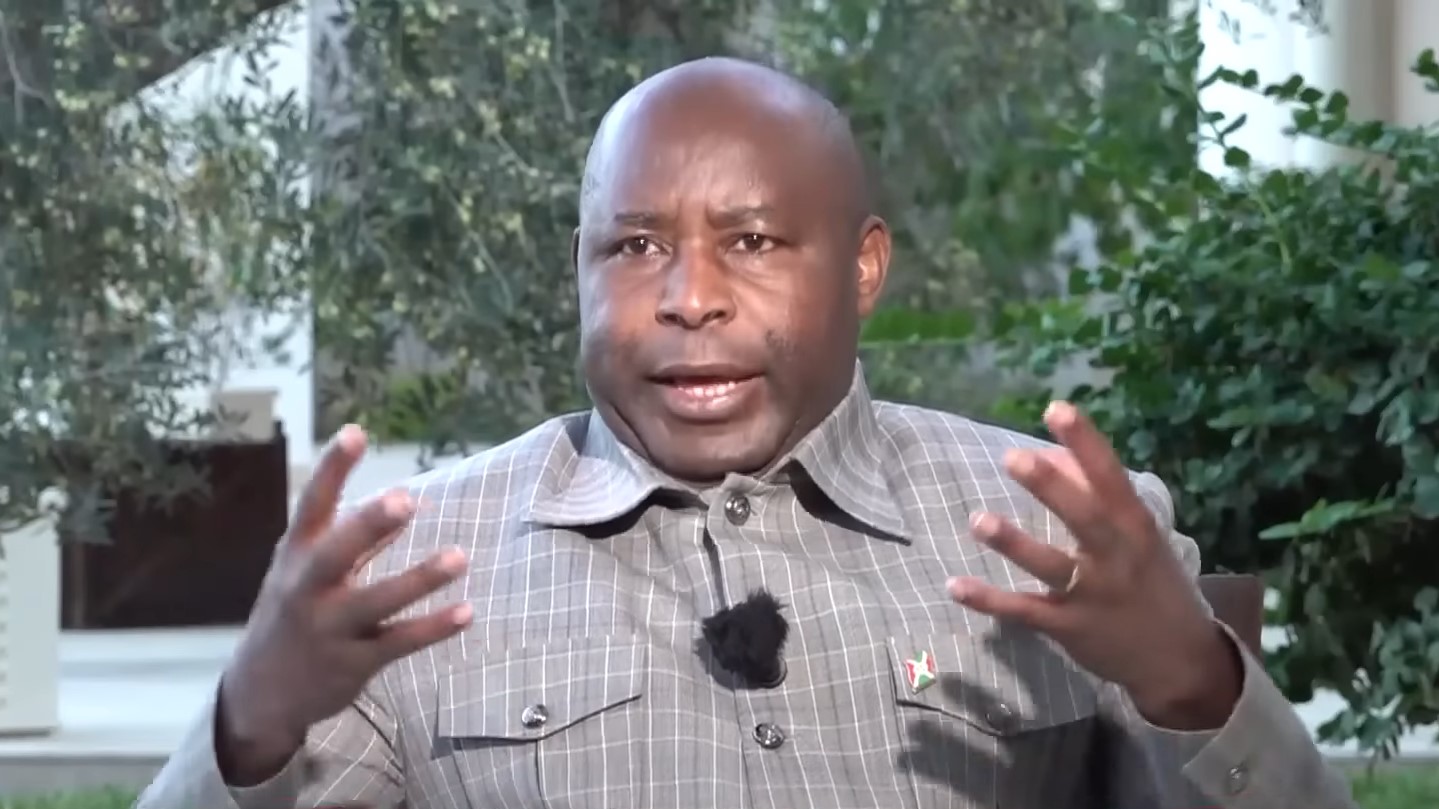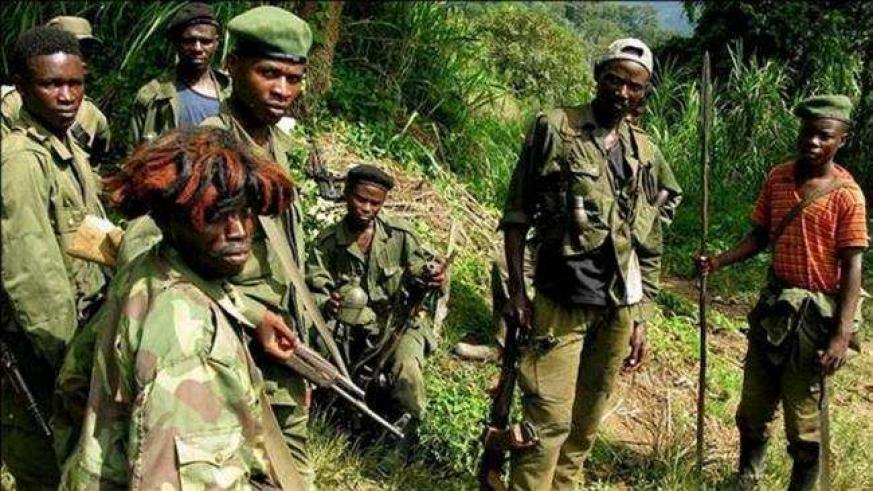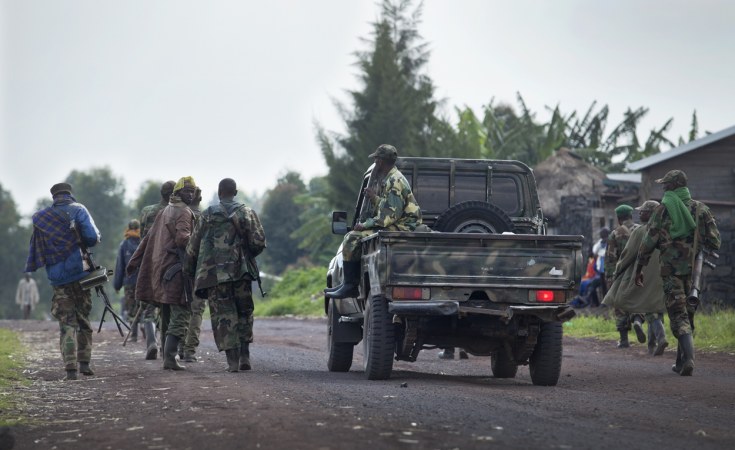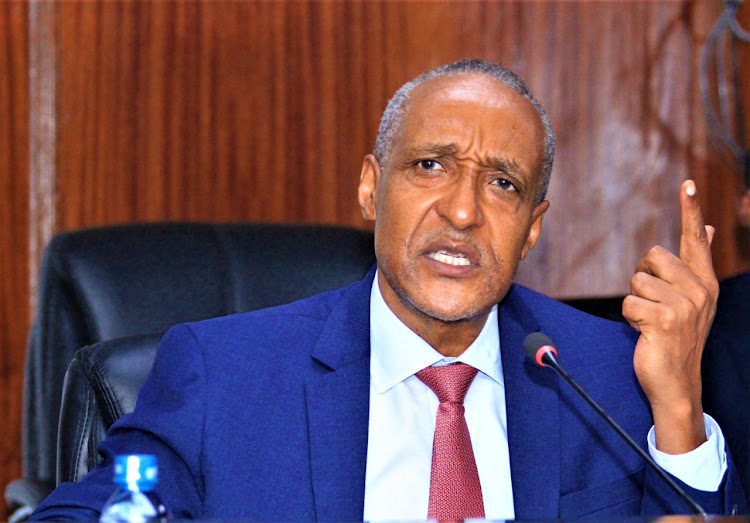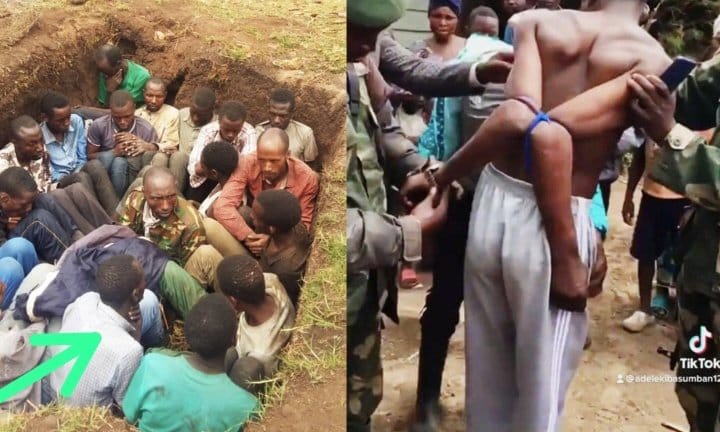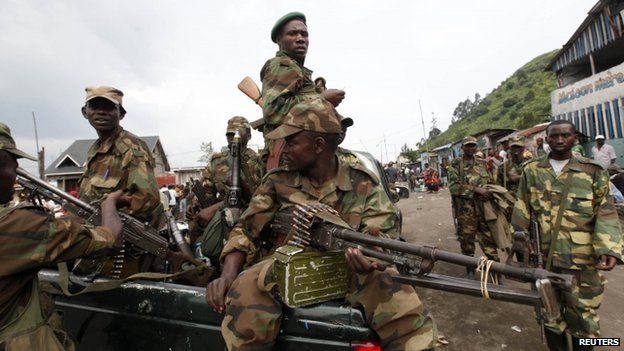Regional
DRC ups smear campaign against M23 rebels
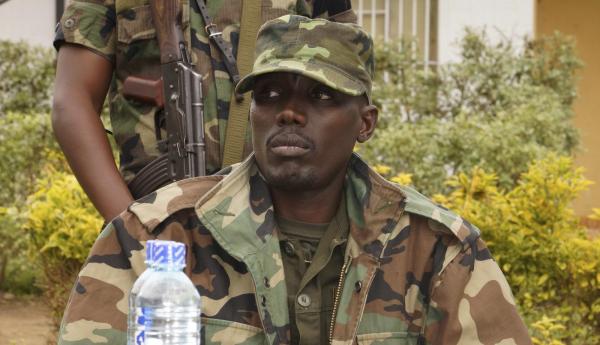
The Congolese
armed forces (FARDC) on December 1 accused the M23 rebel group of
killing 50 civilians in the eastern town of Kishishe.
Army
spokesman, General Sylvain Ekenge, announced that the M23 was “carrying out
massacres … the most recent of which is that of 50 Congolese civilians,
heinously murdered on Tuesday in Kishishe,” a village in 70km north of Goma, capital
of North Kivu province.
According
to Congolese community areas in the area, however, Ekenge and the entire FARDC
establishment are hiding the fact that Kishishe, a former FDLR garrison was
still home to hundreds of the genocidal militia forces. Though not wearing
military uniform, they are well supplied, armed and ruthless.
The M23
attacked the area to dislodge the FDLR and their Mai-Mai allies from the area
and the militia lost scores of men in the fighting. The Congolese army then showed
pictures of the militia’s dead, and spread the lie that the M23 rebels had
killed civilians.
“We
saw the bodies of about 20 Mai Mai and FDLR who died during the fighting with
M23. FARDC later came out to say that they were local villagers but that’s not
true,” a local who preferred anonymity, said.
“The
FDLR and Mai Mai were repulsed and left behind some guns and traditional
weapons such as machetes, knives and spears.”
In a
statement released on November 1, the rebels alerted the international and Congolese
community that there is an “ongoing campaign specially made by those who do not
want peace, in order to tarnish its [M23] image and its good relationship with
the civilian populations in areas under its control.” The rebels called for a
swift independent inquiry.
“The
M23 strongly condemns this practice not only executed by the DRC Government and
the coalition of FARDC, FDLR, NYATURA, APCLS and MA-MAI, but also by some organizations.
In all areas that the M23 controls, the populations live in harmonious
collaboration and carry on their business as usual without any worries,” reads
the statement.
The
rebel group rejected the “baseless” allegations made against it in Kishishe.
They called it a manipulation of the population aiming at causing chaos as
desired by the Congolese government and its coalition.
The M23
added that it has never targeted civilian populations, alerted the ongoing
genocide in Masisi and called upon the international community and United
Nations Prevention of Genocide to thoroughly investigate.
On November
30, the United Nations Special Adviser on the Prevention of Genocide, Alice
Wairimu Nderitu, released a statement saying that indicators and triggers
contained in the UN Framework of Analysis for Atrocity Crimes are present in
DRC. These include dissemination of hate speech and absence of independent
mechanisms to address it; politicization of identity; proliferation of local
militias and other armed groups across the country; widespread and systematic
attacks, including sexual violence, against especially the Banyamulenge on the
basis of their ethnicity.
“Hate
speech had been spread by political party figures, community leaders, civil
society actors, and members of the Congolese diaspora,” reads the statement.
Nderitu
said that the current violence in eastern DRC mainly stems from the refugee
crisis that resulted as many individuals involved in the 1994 Genocide against
the Tutsi in Rwanda fled to eastern DRC, forming armed groups such as the
Democratic Forces for the Liberation of Rwanda (FDLR) which is still active there.
She
called for commitment of DRC’s National Committee for the Prevention and
Punishment of the Crime of Genocide, War Crimes and Crimes against Humanity and
all Forms of Discrimination to enforce its provisions by putting in place laws
that will prevent and punish genocide, war crimes and crimes against humanity;
measures that will eliminate discrimination; teach and encourage tolerance
among national, racial, and ethnic groups; combat impunity and extradite criminals.
The
Special Adviser emphasized that while the primary responsibility to prevent
atrocity crimes rests with the DRC as a state, all parties to the violent conflict
must work urgently towards finding a political solution, which will bring
comprehensive and sustainable peace to the country, by addressing the root causes
of divisions and violence.



